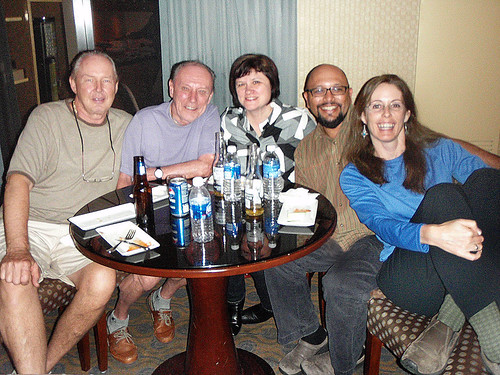Reading a negative review of a book that you’ve written feels like dunking your face into a vat of battery acid. Painful and dumb.
Reading a positive review doesn’t hurt, but I still find it to be unsettling. Usually I’ll read a review once, be grateful for anything positive, try to learn from any constructive criticism, and if the review makes me sting, I soothe the pain with liberal applications of comfort food. Mashed potatoes work especially well.
I would never, ever, ever respond to a review. Reviewers are allowed to have their opinions, just like readers, and it doesn’t make any sense for me to get on my high horse and defend my work just because a reviewer didn’t like it.
But what to do when a review gets the major facts of the story wrong?
This just happened.
The Times newspaper (of London, England) online version now has a joint review of Hunger Games by Suzanne Collins and Chains, by me. The review of Chains is at the end of the article and is brief and positive. Normally I would be completely thrilled by a mention like this.
Except. But. Er……
The reviewer says the book is “Set in the South at the time of the civil war…”
It’s not. The book covers events in Rhode Island and New York City from May 27, 1776 – January 19, 1777. The dates are mentioned at the beginning of each chapter. The whole point of the book was to examine slavery in the context of the Revolutionary War not in the context of the Civil War as has so often been done.
For a moment I thought perhaps people in Britain called the American Revolution a “civil war.” There is an argument that could be made for that interpretation. But I double-checked and all of my sources say that Brits refer to it as “The War for American Independence” or “The War of Independence” as in this BBC article.
I’m not angry, just a little bummed at the missed opportunity. I had hoped that folks in Great Britain might be interested in the book because the Revolutionary War and slavery were a part of their historical experience, too.
I don’t plan on writing to the newspaper because I don’t see that it will make much of a difference. In the grand scheme of things, this is a storm in a teacup. (And I am sure the tea is wonderful because the Brits are much better at brewing it than we are.)
Has anyone else had experience with this? Any thoughts?



